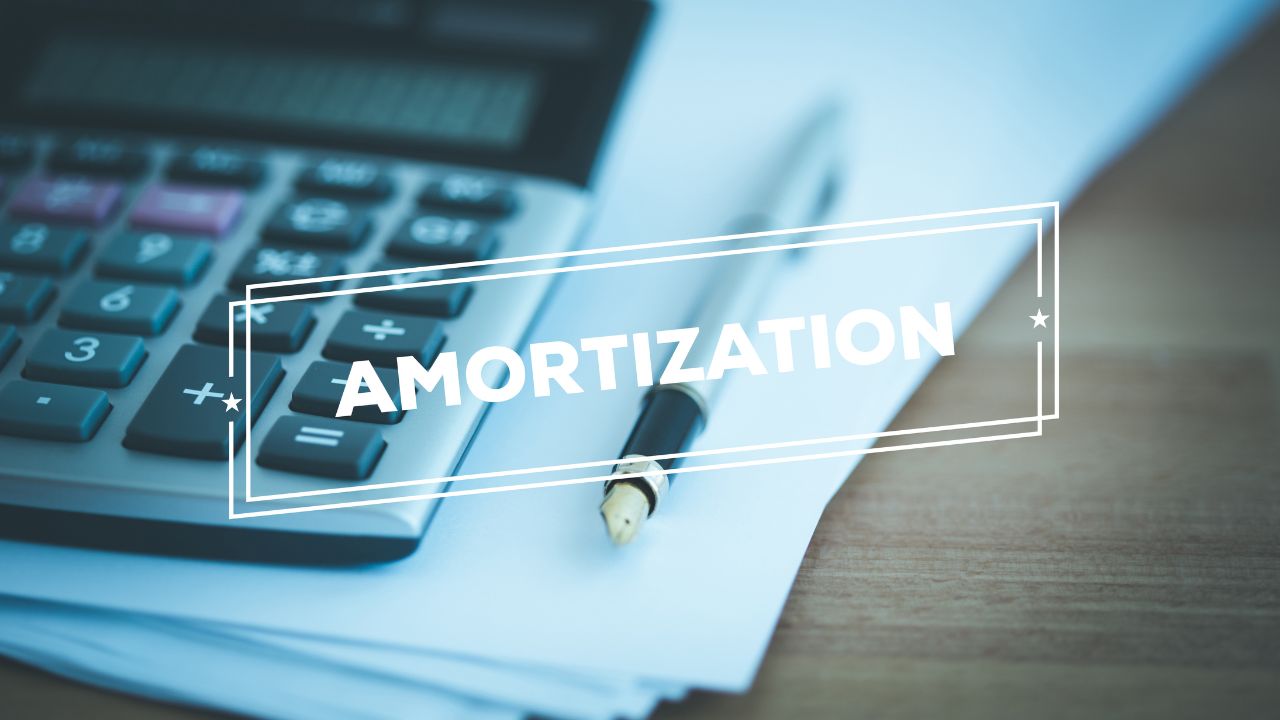 The journey to purchasing or selling a home can be a thrilling experience, but it also involves a series of legal steps that need to be clearly understood. The real estate legal process includes contracts, disclosures, and closing procedures, all of which are essential for ensuring that both buyers and sellers are protected throughout the transaction. In this post, we will break down these key terms so you can be prepared and informed during your home-buying or selling journey.
The journey to purchasing or selling a home can be a thrilling experience, but it also involves a series of legal steps that need to be clearly understood. The real estate legal process includes contracts, disclosures, and closing procedures, all of which are essential for ensuring that both buyers and sellers are protected throughout the transaction. In this post, we will break down these key terms so you can be prepared and informed during your home-buying or selling journey.
1. Contracts
A contract is a formal, legally binding agreement between two or more parties. In real estate, the contract is typically known as the “purchase agreement” or “sales contract,” and it outlines the terms and conditions of the transaction.
-
What It Includes: The contract includes vital details such as the purchase price, the deposit amount (earnest money), contingencies (such as the buyer obtaining financing), and the timeline for the sale. It also defines the responsibilities of both the buyer and seller, including things like repairs or property inspections.
-
Why It’s Important: The contract ensures that all parties are on the same page regarding expectations. It protects both the buyer and the seller, offering legal recourse if the terms are not met. Any changes or amendments to the contract must be agreed upon by all parties involved.
2. Disclosures
In real estate, disclosures are statements or documents that the seller is required to provide to the buyer, revealing any known issues or defects with the property. These disclosures are designed to ensure transparency and prevent potential legal disputes later on.
-
What It Includes: A typical disclosure form might include details about the condition of the home’s foundation, plumbing, electrical system, roof, or past damage like flooding. In some areas, sellers may also be required to disclose issues like pest infestations, environmental hazards (such as radon), or any legal disputes involving the property.
-
Why It’s Important: Disclosures help buyers make informed decisions. If a seller withholds known issues or intentionally misrepresents the property’s condition, it could lead to legal action or disputes after the transaction. By providing accurate disclosures, sellers protect themselves from future liability, while buyers are better equipped to assess the home’s true value.
3. Closing Procedures
The closing process is the final stage of a real estate transaction, where ownership of the property officially changes hands. This is when the buyer completes the purchase by providing the necessary funds, and the seller transfers the deed to the property.
-
What It Includes: The closing process involves several important steps, including a title search, closing statement, inspection reports, and the signing of legal documents like the deed. During closing, the buyer will pay the remaining down payment and closing costs, while the seller will receive payment for the home.
-
Why It’s Important: The closing process ensures that both parties meet all legal requirements and obligations before finalizing the transaction. This step includes transferring ownership and registering the deed, which is essential to legally recognize the new owner. Closing is also when the final financial arrangements are completed, including the payment of any fees associated with the sale.
Understanding the Legal Process
The real estate legal process, involving contracts, disclosures, and closing procedures, is essential to protecting both buyers and sellers. By understanding these terms and the role they play in a real estate transaction, you can be better prepared for the complexities of buying or selling a home. Give us a call to help guide you through these steps to ensure a smooth, successful transaction.

 Home maintenance might not be the most exciting part of homeownership, but it’s one of the most important. Taking the time to care for your property helps preserve its value, prevent costly repairs, and improve your living environment. Start the year strong by tackling these essential home maintenance tasks in 2025.
Home maintenance might not be the most exciting part of homeownership, but it’s one of the most important. Taking the time to care for your property helps preserve its value, prevent costly repairs, and improve your living environment. Start the year strong by tackling these essential home maintenance tasks in 2025. Paying off your mortgage faster is a tempting goal. After all, who doesn’t want to own their home outright sooner and save on interest along the way? One way to do this is by lowering your amortization period, which is the time it takes to repay your mortgage in full. But is it the right move for you?
Paying off your mortgage faster is a tempting goal. After all, who doesn’t want to own their home outright sooner and save on interest along the way? One way to do this is by lowering your amortization period, which is the time it takes to repay your mortgage in full. But is it the right move for you?  One of the biggest questions future homeowners ask is, “How much do I actually need to save before buying a home?” The answer depends on a few key components, but don’t worry—it’s easier to break down than you might think! Here’s an overview of what you need to save to step into homeownership confidently.
One of the biggest questions future homeowners ask is, “How much do I actually need to save before buying a home?” The answer depends on a few key components, but don’t worry—it’s easier to break down than you might think! Here’s an overview of what you need to save to step into homeownership confidently. As remote work becomes a standard part of life, the traditional home office is undergoing a major transformation. What was once a corner desk or spare room has now evolved into a personalized, stylish, and functional space. Homeowners are getting creative, designing offices that not only cater to their work needs but also reflect their unique personalities and styles.
As remote work becomes a standard part of life, the traditional home office is undergoing a major transformation. What was once a corner desk or spare room has now evolved into a personalized, stylish, and functional space. Homeowners are getting creative, designing offices that not only cater to their work needs but also reflect their unique personalities and styles.